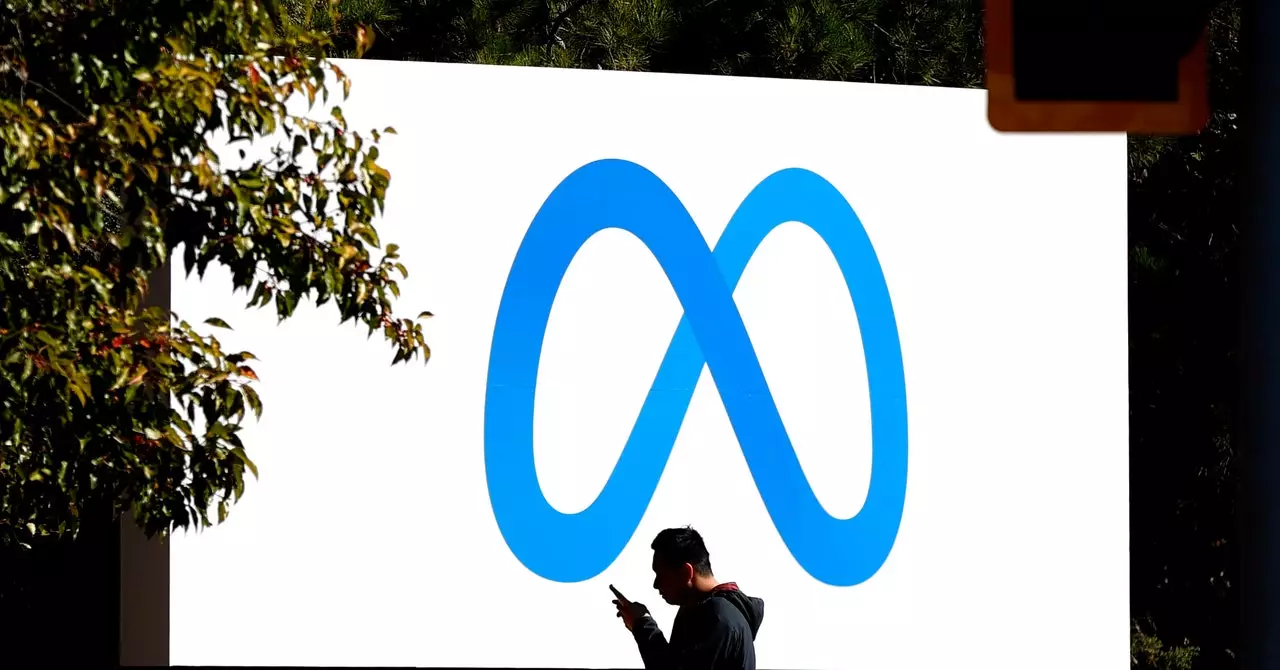The intersection of social media and journalism has become a contentious battleground in recent years. As Facebook and other platforms have grown in influence, their role in shaping news dissemination and public discourse has come under intense scrutiny. Nina Jankowicz, the former disinformation czar under the Biden administration, recently articulated her concerns, describing Facebook’s ongoing changes in content moderation as a serious threat to the integrity of journalism. Her comments reflect a broader concern that the tech giant is not merely altering its policies but engaging in a dangerous retreat from responsible content oversight.
Jankowicz’s assertion that Facebook’s actions amount to a “final nail in the coffin” for journalism highlights a critical relationship between media organizations and tech companies. Newsrooms increasingly rely on grants from Facebook for fact-checking initiatives. These funds are vital for sustaining journalistic efforts in an ever-challenging financial landscape. However, as Facebook’s moderation strategy appears to pivot towards a more lenient approach, this reliance raises questions about the future of objective reporting. With the stakes high, journalists are left grappling with the implications of aligning their work with platforms that seem to prioritize growth and engagement over the promotion of accurate information.
Mark Zuckerberg’s recent announcement, which included relocating Meta’s trust and safety team to Texas, has been perceived by many as a move motivated by political interests. In an effort to present this shift as a means of fostering free expression, Zuckerberg’s words suggest an inclination to minimize concerns about potential biases among his team’s moderation efforts. Critics argue that such a shift lacks transparency and could exacerbate issues of accountability in content moderation. The decision to mirror X’s approach with community notes—encouraging users to vote on context submissions—raises further concerns. While the intention may be to democratize content evaluation, past datasets indicate that attempts to crowdsource fact-checking have often backfired.
Meta’s proposed use of volunteers to write community notes echoes the failed initiatives seen on X, which struggled to manage disinformation effectively. Established as BirdWatch in 2021, this feature was intended to empower users to contribute context to misleading posts. However, its track record reveals that hate speech and false information remain rampant on the platform, highlighting the complexities of relying solely on community input for moderation.
Disinformation thrives particularly in unregulated environments, and attempts to mitigate it through community voting may only serve to amplify problematic narratives. The introduction of a “Community Notes” feature that requires broad agreement may inadvertently skew information towards popular opinion while dismissing contrarian but necessary viewpoints. This method of moderation does not merely risk accuracy; it can also silence marginalized voices, making the platform less inclusive and fundamentally undermining the mission of providing a space for genuine discourse.
Zuckerberg’s recent comments regarding European and Latin American lawmakers reflect a defensive stance against what he perceives as overreach in content regulation. By positioning himself alongside controversial figures like Donald Trump, who seeks to curtail governmental actions perceived as infringing upon free speech, Zuckerberg signals an intent to rally support for a laissez-faire approach to content moderation. However, this resistance to regulation raises ethical questions about the responsibility of tech giants to protect users from harmful content while also embracing free expression.
This stance is increasingly criticized by watchdog organizations, such as the Real Facebook Oversight Board, which argue that Zuckerberg’s policy changes reflect a troubling prioritization of business interests over public safety. By characterizing concerns about censorship as a “manufactured crisis,” critics assert that Meta’s approach is not only reckless but also panders to far-right ideologies, fostering further polarization within society.
As platforms like Facebook increasingly wield power over public discourse, the implications for journalism and content moderation are profound. The potential decline of responsible journalism, coupled with ineffective measures against misinformation, suggests a deteriorating landscape for informed debate. For the sake of democracy and healthy communication, it is essential that both tech giants and society at large work towards cultivating a more equitable, transparent, and accountable online environment. The ongoing evolution of platforms like Meta and its policies will undoubtedly influence the trajectory of journalism and our ability to engage meaningfully with diverse perspectives in the digital age.

